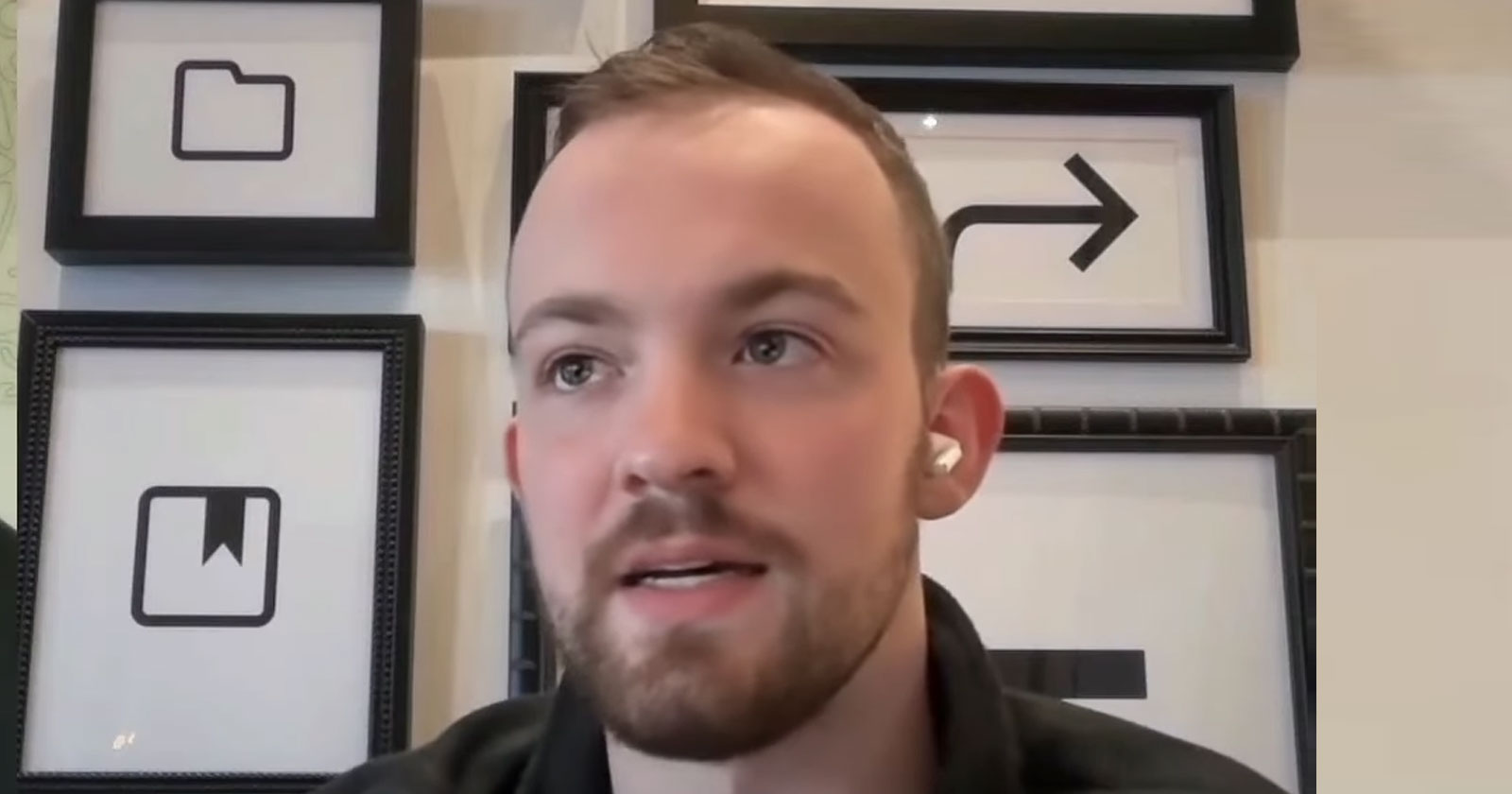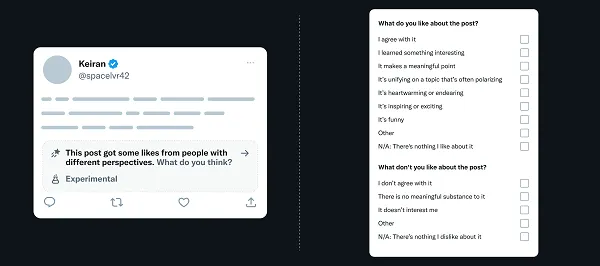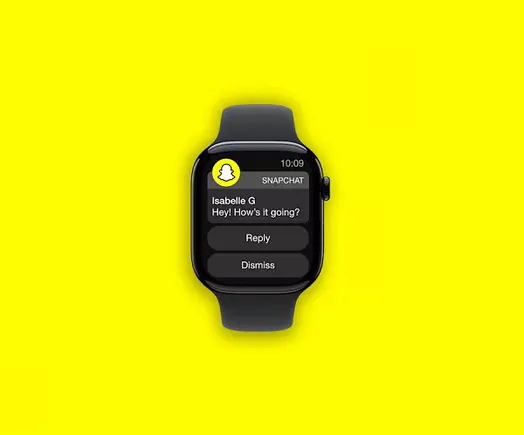Target leaves RTO decisions, comms up to managers; Indeed CEO sends mixternal resignation memo
Plus, the importance of work-life balance comms. Greetings, comms pros! Let’s take a look at a few news stories from the past week and see what we can learn from them. 1. Target begins RTO for some employee groups, but leaves communicating it up to managers. Retail giant Target is calling some employee groups back […] The post Target leaves RTO decisions, comms up to managers; Indeed CEO sends mixternal resignation memo appeared first on Ragan Communications.

Plus, the importance of work-life balance comms.
Greetings, comms pros! Let’s take a look at a few news stories from the past week and see what we can learn from them.
1. Target begins RTO for some employee groups, but leaves communicating it up to managers.
Retail giant Target is calling some employee groups back to its Minneapolis headquarters. According to a report from the Minnesota Star-Tribune, Target denied that its corporate remote work policy had changed, but several current employees said that they’d heard from their managers that a return to the office was imminent.
The report from the Star-Tribune also said that different employee groups will have different RTO standards and RTO start dates will also vary. It appears that both deciding on those RTO rules and communicating the policies are in the hands of individual managers.
“Team members tell us they see the benefit from the in-person connection and collaboration that’s a part of being in the office,” a company spokesperson said in a statement. “At this point, individual leaders are empowered to make decisions for their teams based on company guidance as well as what’s best for the role they play in our business.”
RTO processes are best done when they’re embedded in a company’s culture. Managers are often an employee’s closest touchpoint to the rest of the organization and can serve as both a cultural interpreter and translator of corporate edicts. For Target, tying the RTO process back to a sense of team collaboration but that ultimate RTO decision up to team leaders is a good way to individualize a message for specialized teams.
However, it’s also worth considering whether or not such a method could cause resentmeng among some teams due to differing standards across the organization. That could prove challenging for communicators to address.
Allowing managers to make decisions on RTO and share those decisions in a way they see fit can help customize the tone of a decision for a team, but this can’t be done in a vacuum. Managers need guidance and help from communicators to ensure that they’re reflecting the company’s mission and values in those decisions and communication. In these cases, communicators can provide managers with guidance documents on how, when and what needs to be shared in team-centric messaging for RTO processes.
2. Indeed CEO Chris Hyams addresses departure, leadership transition and future of company in memo
Indeed CEO Chris Hyams announced in a memo that he is resigning as CEO of the job-hunting platform. The note, which is addressed to the company’s employees and published on Hyams’ Substack, shared that former chief Hisayuki “Deko” Idekoba is retaking the reins. Hyams added that he’ll remain at the company through 2025 to aid in the transition.
Hyams chalked part of his decision up to the rise of AI.
At this moment in history, that (AI’s rise) means devoting myself to a few urgent issues ensuring that all technology—not just Indeed—is built with humanity at its core. This includes advancing Responsible AI, countering disinformation, empowering workers, defending human rights, and bridging the gap between technology and the humanities. Many of you know my path began far from tech—a liberal arts degree, work in adolescent addiction recovery, teaching high school special education. My career in tech has been driven by the values instilled from these experiences. As technology reshapes our world, these values feel more urgent—and at risk—than ever. That’s what I want to help change.
There’s never a perfect time to leave a job that means so much. This fall, we’ll launch what I believe is the most profound innovation in Indeed’s history. Our new agentic AI platform will realize the vision of a personal talent agent for every worker in the world, and a personal talent scout for every employer. I’ve been inspired to work every day with the teams bringing this vision to life. But now is the time for the teams who will carry this work forward to lead the way.
Hyams’ note is a good example of a departure note. It clears the path for new leadership while reflecting on his own career and the values of the company. But it also looks forward beyond his own tenure and emphasizes the importance of the employees during a changing tech landscape. That’s especially pertinent when you’re the outgoing CEO of a hiring platform.
Beyond just working with incoming and departing leaders during a leadership change, comms pros should spend time with the leaders in question to pin down their voice, tone and the vision they aim to set for the company and its employees going forward. Humanizing leaders is a major first step communicators need to take during leadership changes. Showing leaders sharing their own perspectives through writing and even creating videos to show them to the employee base during the change can create familiarity that goes a long way toward coalescing positivity.
3. Study shows more employees are working on vacation, emphasizing the need for work-life comms
A report from Dayforce stated that the number of people using their vacation time to disconnect from work fully is on the decline, with just 37% of workers reporting the ability to unplug from their jobs. That’s down from 47% two years ago.
The study of 2,500 workers from the United States and Canada also reported that 15% of employees secretly work on their vacations, while 11% have faked an illness on vacation to get work done.
This data is a stark reminder that internal communicators have a major role to play when it comes to talking about PTO usage. Comms pros should reinforce the importance of unplugging away from work by not only creating messaging reminders of how PTO can help rejuvenate an employee mentally and physically, but also how it’s directly tied to company culture. Better yet, PTO comms can be even more impactful if leaders model the behavior and speak openly about time away.
Everybody needs time off. Comms pros should be proactive in talking about how important it is for everyone to take that time.
4. How about some good news?
- Data shows that global smoking rates are falling.
- The first-ever electric ferry crossing from Europe to Africa took place.
- A startup in Rhode Island is turning seafood shell waste into furniture.
- Ragan Training is great for communications pros to find inspiration and resources.
- You should be rewarded for your work. Find out how to earn an award here!
Have a great weekend comms all-stars!
Sean Devlin is an editor at Ragan Communications. In his spare time he enjoys Philly sports and trivia.
The post Target leaves RTO decisions, comms up to managers; Indeed CEO sends mixternal resignation memo appeared first on Ragan Communications.


























![How To Launch, Grow, and Scale a Community That Supports Your Brand [MozCon 2025 Speaker Series]](https://moz.com/images/blog/banners/Mozcon2025_SpeakerBlogHeader_1180x400_Areej-abuali_London.png?auto=compress,format&fit=crop&dm=1747732165&s=beb7825c980a8c74f9a756ec91c8d68b#)
![Clicks Don’t Pay the Bills: Use This Audit Framework To Prove Content Revenue [Mozcon 2025 Speaker Series]](https://moz.com/images/blog/banners/Mozcon2025_SpeakerBlogHeader_1180x400_Hellen_London.png?auto=compress,format&fit=crop&dm=1747758249&s=9f3c5b1b7421f862beace1cb513053bb#)
![How To Create an Integrated Strategy That Increases Brand Mentions and Visibility [Mozcon 2025 Speaker Series]](https://moz.com/images/blog/banners/Mozcon2025_SpeakerBlogHeader_1180x400_JamesH_London.png?auto=compress,format&fit=crop&dm=1747780409&s=9bf9f0a2623b4a8be6eaf8f235115505#)





















![The 11 Best Landing Page Builder Software Tools [2025]](https://www.growthmarketingpro.com/wp-content/uploads/2024/04/best-landing-page-software-hero-image-1024x618.png?#)

































































![Social media image sizes for all networks [June 2025]](https://blog.hootsuite.com/wp-content/uploads/2023/01/Social-Media-Image-Sizes-2023.png)


![41 Instagram features, hacks, & tips everyone should know about [new data]](https://www.hubspot.com/hubfs/Instagram-hacks-1-20240916-2633447.webp)





















